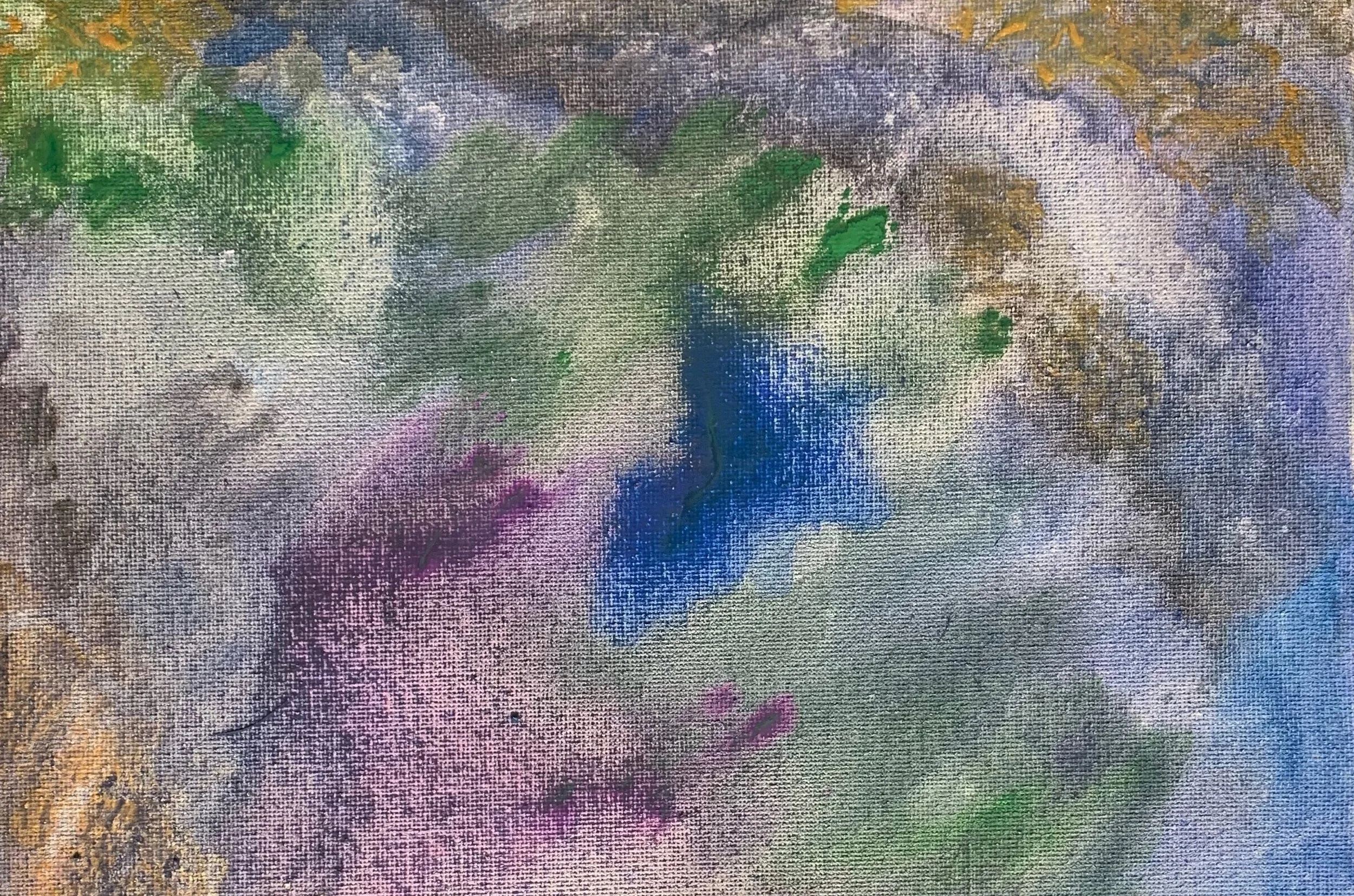Feeling uncertain?
Hi friend,
I hope you’re well. It’s great to be with you again as we explore ways of releasing things that hold us back and amplifying things that help us shine.
I’ll start with a confession: This is a hard time of year for me. Summer is my favorite season, with its long days and sense of endless possibility. So while I appreciate the energy and excitement of a new school year, I mourn the loss of freedom that comes with the arrival of fall.
It’s funny that this is still so palpable for me when my kids are grown and I’m no longer bound by the academic calendar myself. Maybe it’s become a part of my DNA.
Or maybe it’s just that uncertainty and change are in the air, and that’s unsettling for me.
I touch on this in chapter 3 of Well on Your Way:
Research suggests that uncertainty itself may create more stress than even the worst possible outcome. One example occurs when those who fear losing their jobs report poorer health and greater depression than people who’ve actually lost positions. And people may have stronger negative reactions to uncertain feedback than to clearly critical reviews. (WOYW chapter 3, pp. 21-22; also see, e.g., Burgard et al., 2009; de Barker et al., 2016; Hirsh & Inzlicht, 2008)
My experience is consistent with this. Once I know what I’m dealing with and what needs to be done, I’m on it, even if it’s challenging. But when I’m not sure, I can spend all day running in mental circles.
Is any of this familiar to you?
If so, let’s spend a few minutes breaking it down.
First, I think it’s fair to say that while uncertainty objectively abounds, many of us manufacture it unnecessarily by trying to optimize every decision. We can rarely know what the absolute best choice is, yet we make ourselves miserable trying to find it. How about satisficing instead—simply finding an option that’s good enough and putting the rest aside? Not surprisingly, research links this behavior with greater happiness. I explored this idea in a blog post several years ago (or you can go straight to the source).
Second, I always find it helpful to take a moment to check in with myself. What’s really going on here? What stories am I telling myself, and how are they contributing to the sensations I’m feeling in my body? There’s a beautifully simple technique for accomplishing this called STOP. I highly recommend it.
Finally, I once heard Kim Cameron, professor emeritus at the University of Michigan, speak about organizations navigating uncertainty, and the following idea stayed with me. To successfully manage uncertainty, we need one thing that isn’t changing. This is such a powerful concept for me, and I continue to remind myself of all that remains steady. What is that one, unchanging thing for you? And how can it serve as an anchor, even amid the rockiest of seas? If you have an extra three minutes, you might jot down all the things that stay constant in your life. The length of the list may surprise you.
I think I’ll leave it there for today. Please let me know how you’re experiencing these messages and what future topics you’d like covered. I'd love to hear from you.
Until next time, thanks for being here. And above all, thanks for being you.
With gratitude,
Elizabeth Odders-White
